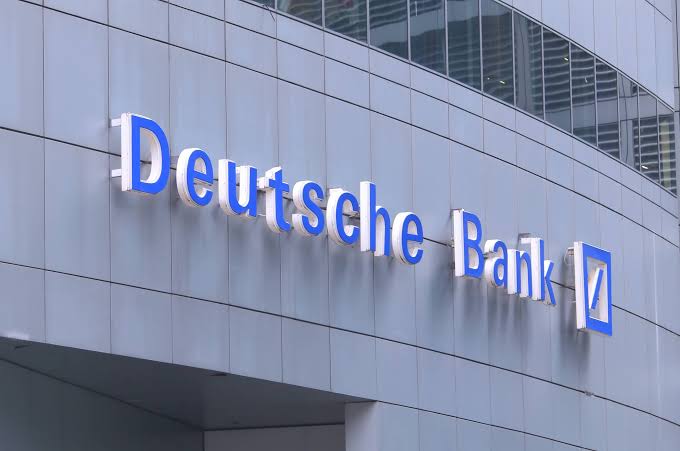According to a statement released recently, Deutsche Bank is collaborating with Taurus, a Swiss firm that specialises in bitcoin storage, to launch services for digital asset custody and tokenization.
The largest lender in Germany, Deutsche Bank, announced that in June it has submitted an application to the BaFin, the country’s financial authority, for a crypto custody licence. Beginning in early 2021, when information concerning a prototype for digital asset custody surfaced in a World Economic Forum study, the bank first made its intentions regarding crypto custody publicly known.
The introduction of regulations for companies that hold digital assets in Germany and, more broadly, the proposed Markets in Crypto-Assets Regulation (MiCA) framework in Europe are giving traditional finance firms the clarity they need to investigate the market for digital assets.
In a $65 million Series B financing that was co-led by Credit Suisse and includes Arab Bank Switzerland and Pictet Group, Deutsche Bank made an investment in Taurus in February. Lamine Brahimi, a co-founder of Taurus, noted that Deutsche Bank began investigating potential crypto custody companies around the end of 2021 and completed its investigation somewhere in 2022.
In a recent interview , Brahimi stated, “We won the deal a couple of quarters ago, so the bank became a client and then decided to take a stake in Taurus.” The cooperation primarily focuses on cryptocurrency, but we are renowned for going above and beyond. The bank will therefore be able to tokenize assets and provide asset service where it deems fit.
The goal is to create digital asset custody services for a wide range of digital asset types for corporate and institutional clients, according to Paul Maley, global head of securities services at Deutsche Bank.
“In the beginning, we will provide custody for a few stablecoins and specific digital currencies. The first wave of activity is anticipated to revolve around these particular cryptocurrencies and stablecoins. However, Maley wrote in an email, “We see the opportunity in the larger rise of tokenized financial assets.
Malay stated the following with regards to regional variations in regulation: “It would be fair to say that the emergence of regulation outside of the U.S. (particularly in Europe and Asia) has provided market participants with greater clarity in those jurisdictions.”

